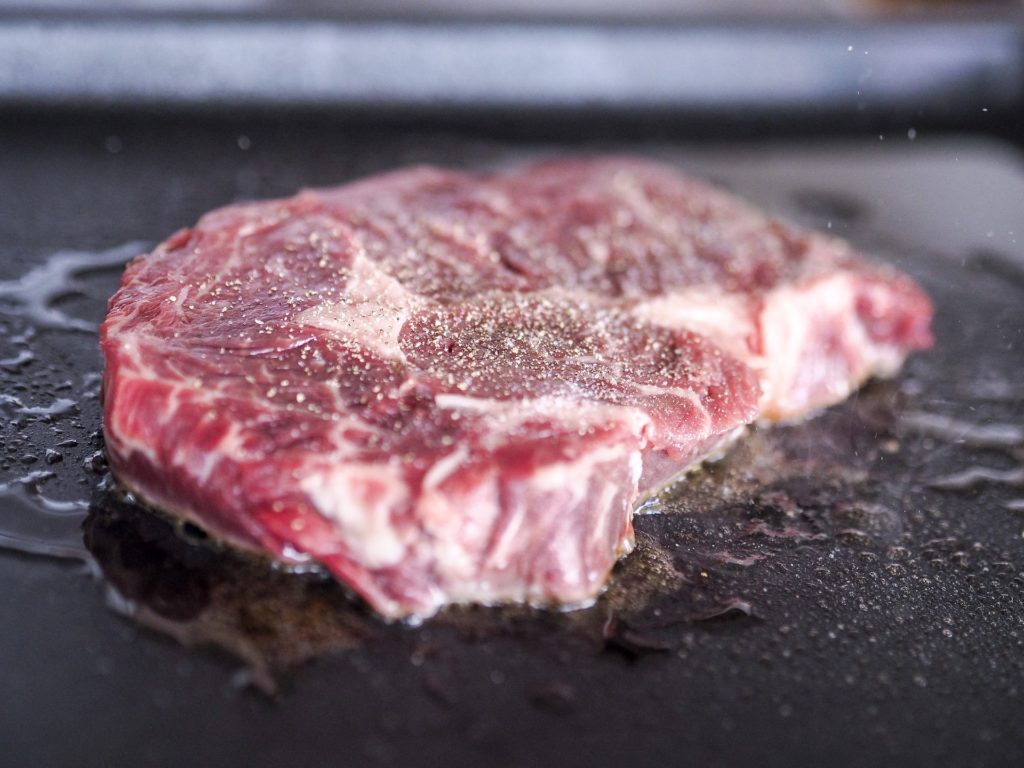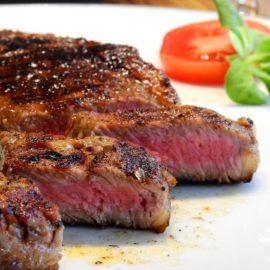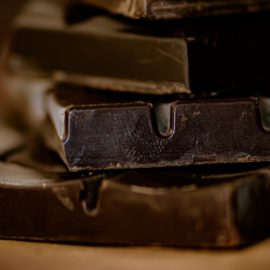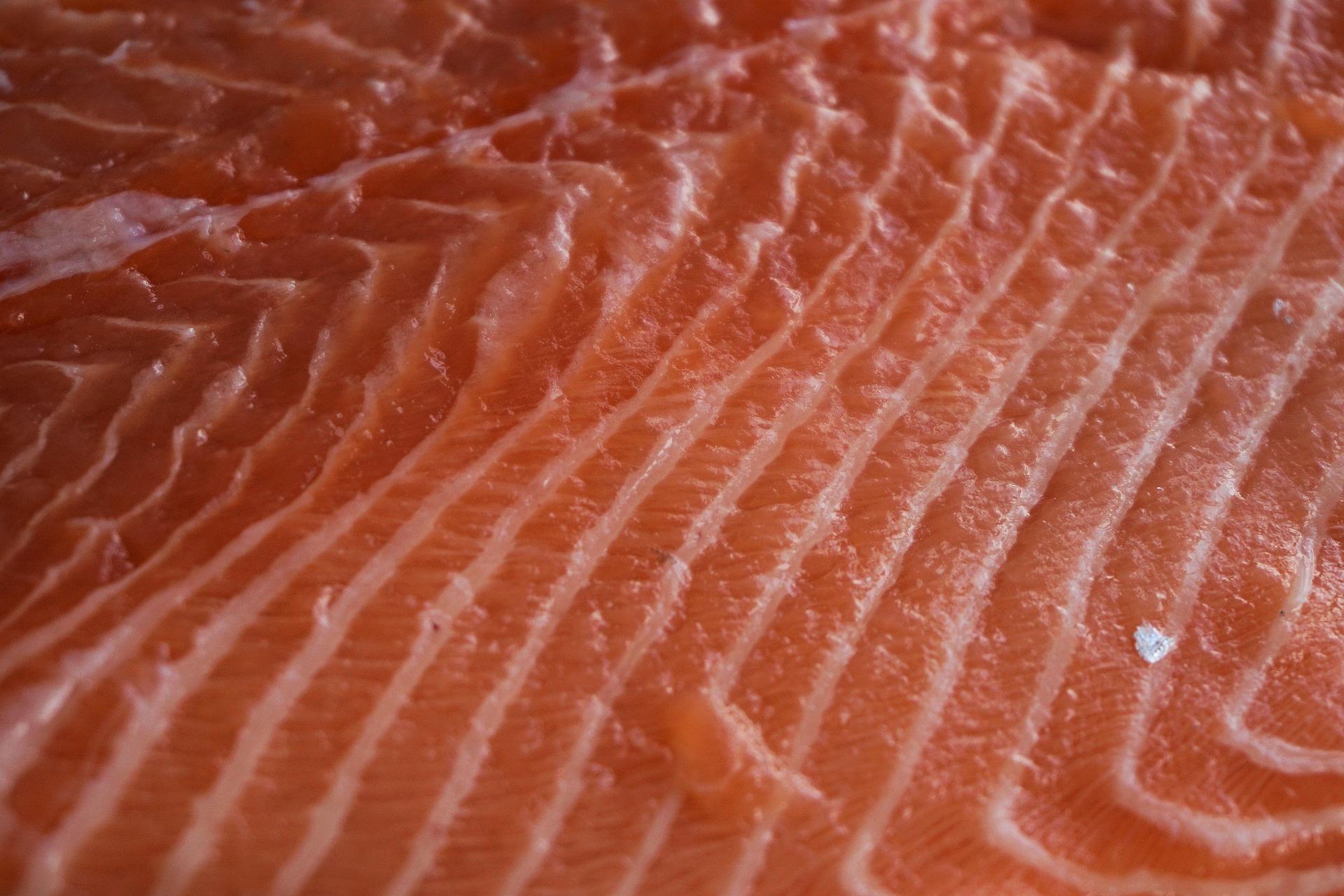
One of the oldest misconceptions in cooking is that searing a steak creates a juicier product because it helps seal in the flavor. It is far from the truth. But searing is definitely an essential step in braising, sautéing, roasting, grilling, and baking for a number of reasons.
“Sear the meat to seal in the juices.”
German chemist Justus von Liebig made up this popular phrase around 1850. Although disproved numerous times decades later, believe it or not, this myth lives on.
Searing involves cooking meat on a hot skillet at a temperature of 284ºF (140ºC) or higher. The high temperature involved encourages the amino acids in protein and sugars to react together in a process called Maillard reaction. The products of this reaction include flavor compounds and melanoidins, the pigments responsible for the brown crust of a steak, the color of roasted coffee beans, and toasted nuts.
You might also like: Meat Science: Does Marinating For Flavor Really Work?
But the appealing brown crust and flavor molecules are all it. Searing does not produce an impermeable crust that prevents the juice or flavor from escaping. Although the Maillard reaction produces flavor and browning, the heat also damages the tissue of the meat. The heat involved makes the collagen to shrink and disrupt the integrity of the muscle fiber. The result is a seared steak that dries faster than an unseared one. What exactly happens here is that the high heat required to brown the outer layer dries out the inside of the steak much quicker. The searing temperature should not exceed 500°F (260°C), as the rate of drying out of the inside is excessive.
DISPROVING LIEBIG’S IDEA
Liebig believed that the water-soluble components in the meat were nutritionally important. So he thought of an idea how to minimize their loss. In his book Researches on the Chemistry of Food, he wrote that this could be achieved by cooking the meat rapidly that the meat juices are quickly sealed inside. He also explained what happens when a piece of meat is submerged in boiling water, and then reduced to a simmer.
With the meat plunged in the boiling water, the albumin coagulates from the surface to the interior. The movement produces a shell or crust that prohibits the water from the outside to penetrate into the meat. Liebig believed that if the crust can keep water out of the meat during boiling, it can keep the juices in when roasted.
Further read: Science Says Never Have Your Steak Well Done
Liebig’s idea immediately made the rounds, especially among cooks and cookbook writers. However, simple experiments during the 1930s proved this to be incorrect.
The crust that forms around the surface is neither impermeable nor waterproof. The loss of moisture in the meat is evident by the sound of sizzling during browning, water boiling, and the leaking of water after browning. Since water continuously escapes and vaporizes, sometimes searing is done near the end of cooking to retain as much juiciness as possible.
The rate of moisture loss is proportional to the temperature of the meat. In short, high heat during searing dries out the meat surface more than moderate heat does.
So, yeah. Unfortunately, searing steak does not seal in the flavor. But the sure thing though is it produces flavor and a brown crust.
References:
H. McGee (1990). The Curious Cook: More Kitchen Science and Lore. North Point Press.
M. Wallert, K. Colabroy, B. Kelly, J. Provost (2016). The Science Of Cooking : Understanding The Biology and Chemistry Behind Food and Cooking. John Wiley & Sons, Inc.


